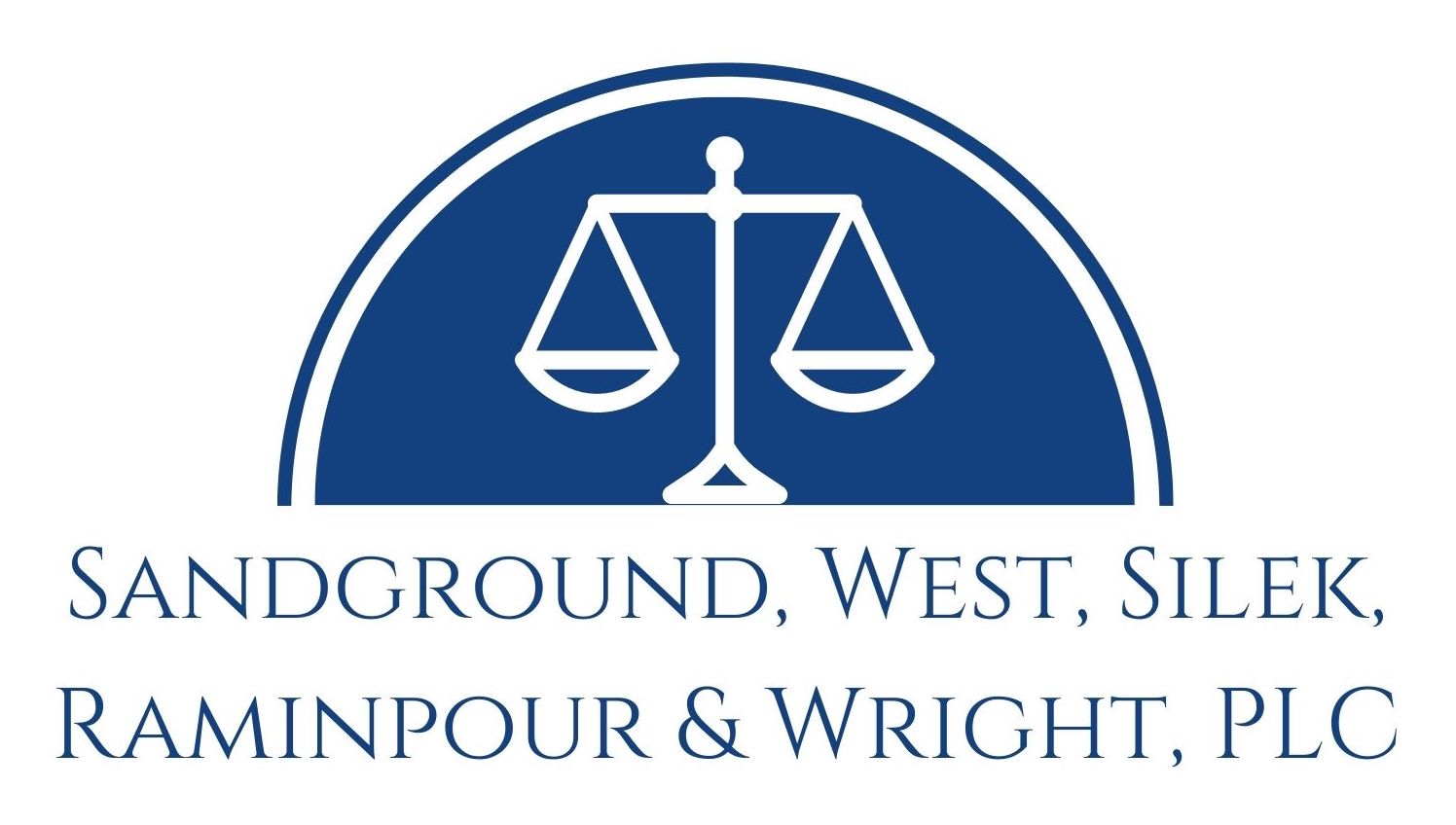In Virginia, courts have essentially been closed since March 18, 2020, due to the Coronavirus pandemic. This has placed a heavy strain on our judicial system and created access to justice issues.
On May 6, the Virginia Supreme Court issued its latest order addressing the problem and plans to allow courts to begin resuming operations. In the Order, the Court lays out the effect the court closures have had on the caseloads throughout the Commonwealth:
- 673,000 cases were continued from March 16 through May 1, 2020.
- Every week of closure adds 97,000 cases to the backlog.
- On May 7, the Chief Judge of the Prince William County Circuit Court announced the closure of the July civil term day docket as there are 223 civil cases waiting to be set.
- As of today, May 15, 2020, we are very near 900,000 cases needing to be rescheduled, statewide.
- Add to that the shortage of clerks in courthouses across the Commonwealth and, in some jurisdictions, a shortage of judges.
The May 6 Supreme Court Order allows courts to begin resuming operations on May 18, that’s this Monday. Emergency matters will take priority. Courts are to continue conducting as much business as possible via telephone and video; however, all courts may begin conducting in-person hearings starting on Monday.
Judges have received guidance from the Supreme Court on how to transition from emergency to routine operations and will be required to limit the number of people in the courthouse to ensure physical distancing.
Many courts are entering their own orders of operation and can be found here.
For Prince William County:
- On May 11, the Prince William County Juvenile and Domestic Relations Chief Judge issued an order to continue the closures in JDR through June 7. Beginning on June 8, the court will start a controlled and gradual increase in operations and reducing its routine docket size to accommodate physical distancing.
- The General District Court remains closed through June 7 as well; however, no order has been issued with respect to a reopening plan.
- We are still waiting on a Circuit Court order as well.
What does all this mean?
- Emergency matters will continue to be heard: quarantine or isolation matters, criminal arraignments, bail reviews, protective order cases, emergency child custody or protection cases, civil commitment hearings, petitions for temporary injunctive relief, proceedings related to emergency protection of elderly or vulnerable persons, petitions for appointment of a guardian or conservator, and proceedings necessary to safeguard applicable constitutional protections.
- For Prince William, criminal cases in Juvenile and Domestic Relations Court and the General District Court where the accused is not incarcerated will be continued to a date beyond June 8. Many cases that have already been reset may be reset again to accommodate the smaller docket sizes. Criminal cases take priority over civil cases.
- Family law matters and other civil cases will be rescheduled based on the court’s availability.
Family law trials: Divorces, Custody, Visitation, Support
Oftentimes, trials for divorce, custody, and visitation take from a half-day to several days to present at trial. Many litigants have been waiting for six months or more only to have their case removed from the docket and there’s no way to know when the case will be reset. The longer the time needed for the presentation of the evidence, the more difficult it will be to get a court date. If you have a pending case, contact your lawyer or the court for guidance. If you are contemplating filing a case, expect to wait a significant time to have your case heard.
Now is the time to really consider settling your disputes through mediation or alternative dispute resolution. Retired judges are available through the Supreme Court Judicial Settlement Conference Program and other private, fee-based firms like Juridical Solutions and the McCammon Group. Family law attorneys can facilitate mediation too. And everything can be done remotely, keeping you and your loved ones safe while resolving a difficult time in your life.
While mediation is commonly known, the less talked about alternative is arbitration. The difference is that mediation is more like a settlement conference designed to get parties to come to an agreement; arbitration is a private trial and any decision made by the arbitrators binding on the parties. If mediation is not a viable solution, arbitration gets you a ruling ahead of everyone else who is waiting to be heard by the court. Parties can also start out in mediation and move to arbitration only for the issues they cannot resolve.
Sandground, West, Silek, Raminpour & Wright, PLC Operations
We will be continuing to work remotely and meet with clients via telephone and video conferences. We’ve discovered that many clients, new and old, appreciate the flexibility that telephone and video conferences provide.
We will notify all current clients of the status of their court dates. Many times, we do not know the new court dates as we have to wait for notifications from the clerks. Once we return to court for hearings, we are requiring that all of our clients wear a mask to any of their court appearances - to protect us, the court staff, the deputies in charge of courthouse security, and other vulnerable members of the public.
We are still accepting new cases: uncontested divorces and separation agreements; child custody, visitation, and support; contested divorces; protective orders and domestic violence; juvenile delinquency matters; and adult criminal cases. We can mediate your case too! Please give us a call to schedule your appointment.

